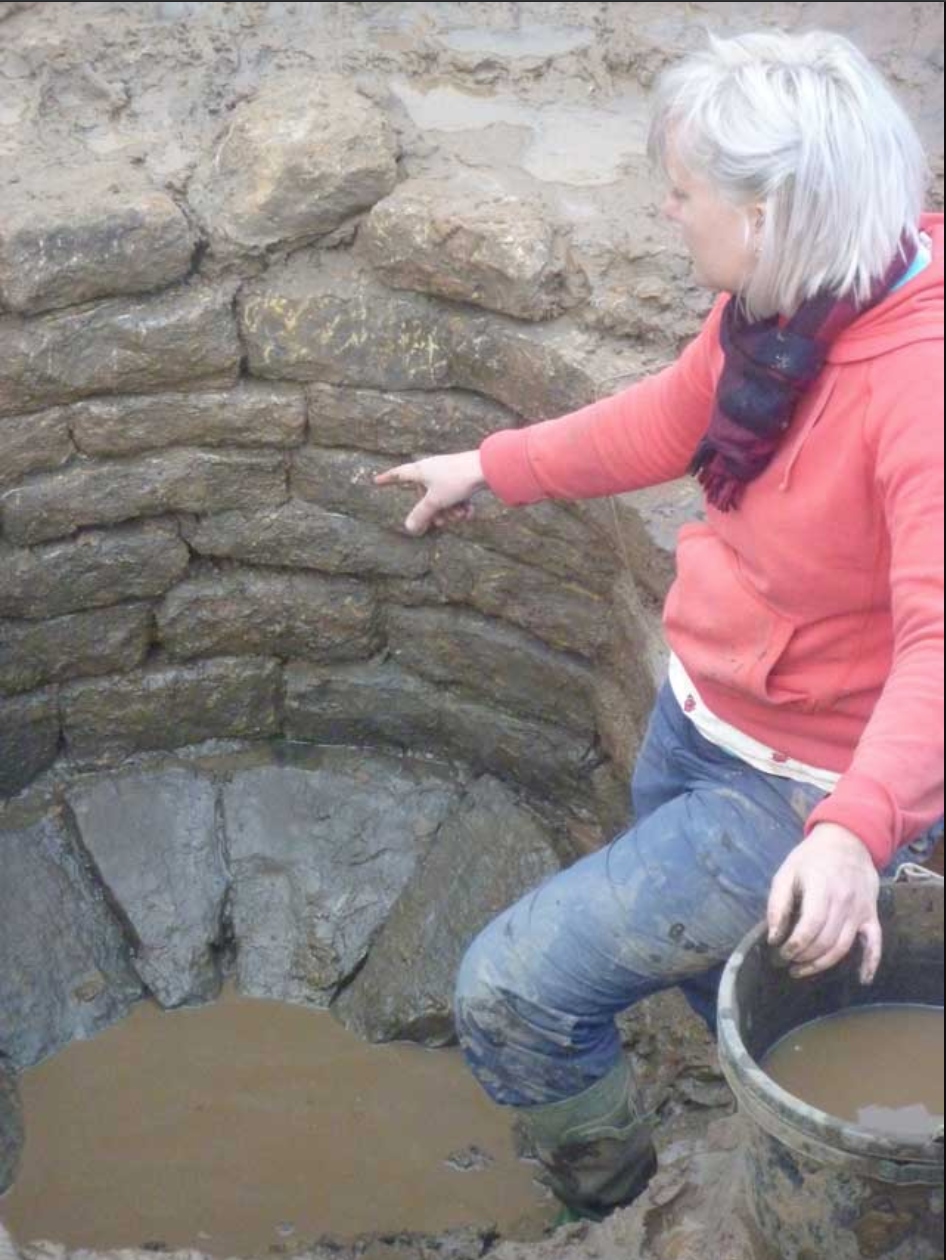New Article: The Limitation of Water Flow and the Limitations of Postmodernism
Posted on Tuesday 24 September 2019

Steve Roskams published a new article in the Theoretical Roman Archaeology Journal: The Limitation of Water Flow and the Limitations of Postmodernism.
The Abstract:
This article critically evaluates how far the interpretation of archaeological evidence has been aided by the recent ‘materialist turn’ in social theory. This perspective, linked to the work of Bruno Latour, argues that we should give agency to not only humans but also to cultural objects and environmental processes. It thus increasingly influences archaeological interpretation. By considering how water supply has been theorised in the Roman World, then setting such theories against evidence for two wells from a landscape near York, I argue that we should retain a distinction between human agents and natural processes. The implication is that Latour’s stance, by failing to provide a social context for interaction between culture and nature, is problematic for archaeological understanding. In contrast, I suggest, Marxist analytical tools provide a more vibrant way forward in explaining both past developments and present climate crises.
Roskams, S., 2019. The Limitation of Water Flow and the Limitations of Postmodernism. Theoretical Roman Archaeology Journal, 2(1), p.6. DOI: http://doi.org/10.16995/traj.371
